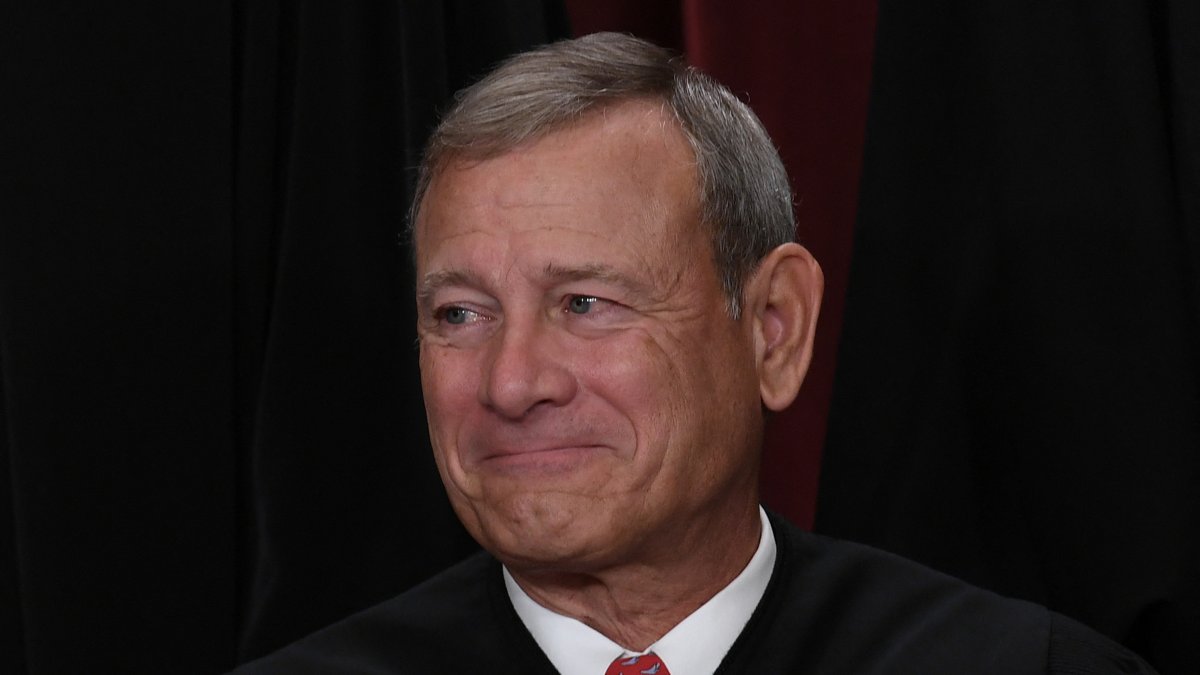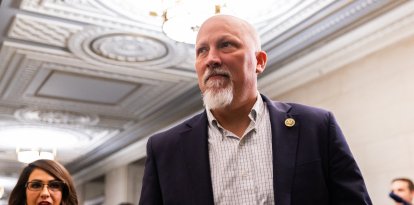Supreme Court temporarily allows Trump administration to block access to DOGE documents
The current legal dispute revolves around whether the agency run by South African tycoon Elon Musk is technically an agency of the U.S. government, and thus subject to the Freedom of Information Act (FOIA).

John Roberts, Chief Justice of the Supreme Court/ Olivier Douliery
The Supreme Court said Friday that it would allow the administration of US President Donald Trump temporarily block access to information requests directed at the Department of Government Efficiency (DOGE), which sought access to thousands of pages of documents. The presiding judge, John Roberts, issued an administrative stay that formally freezes all lower court decisions, while the Supreme Court evaluates what next steps to take. Thus, the White House does not have to respond to either document requests or allow the deposition under oath of DOGE Administrator Amy, as previously ordered by a lower court.
The current legal dispute revolves around whether the agency run by the South African tycoonElon Musk is technically a U.S. government agency, and thus subject to the Freedom of Information Act (FOIA), which allows the public to formally request internal documents. Over the past several months, the White House has argued that, despite the agency's name, it is merely a presidential advisory body and is in no way subject to FOIA.
CREW filed a FOIA request
The case began when the watchdog group Citizens for Responsibility and Ethics (CREW) filed a FOIA request in January for information about DOGE. Two months later, U.S. District Judge Christopher Cooper ruled that ethe DOGE was "probably" covered by FOIA and that "the public would suffer irreparable harm if disclosure of the documents CREW requests is delayed indefinitely." Cooper ordered the DOGE to process CREW's FOIA requests as soon as possible and even begin releasing documents on a rolling basis. The judge also required the Trump administration to preserve "all documents" that could be related to the watchdog group's requests.
In court documents, CREW's attorneys detailed that Cooper's order was nothing more than a "carefully limited discovery order" to determine whether DOGE could be considered a federal agency. The attorneys also explained that the Supreme Court "rarely intervenes in ongoing discovery disputes" and that "there is no justification for such extraordinary intervention in this case."
























